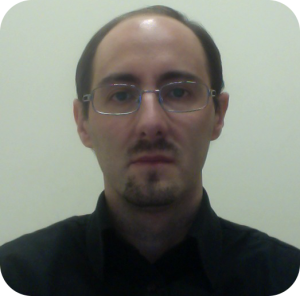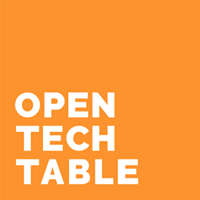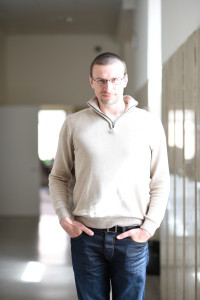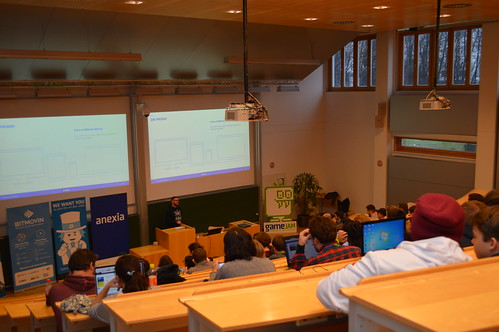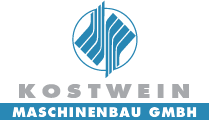Dr.-Ing. Mathias Wien, RWTH Aachen University | May 14, 2018 | 16:00 | E.2.42
Abstract: In October 2017, ISO/IEC JCT1 SC29/WG11 MPEG and ITU-T SG16/Q6 VCEG have jointly published a Call for Proposals on Video Compression with Capability beyond HEVC and its current extensions. It is targeting at a new generation of video compression technology that has substantially higher compression capability than the existing HEVC standard. The responses to the call are evaluated in April 2018, forming the kick-off for a new standardization activity in the Joint Video Experts Team (JVET) of VCEG and MPEG, with a target of finalization by the end of the year 2020. Three categories of video are addressed: Standard dynamic range video (SDR), high dynamic range video (HDR), and 360° video. While SDR and HDR cover variants of conventional video to be displayed e.g. on a suitable TV screen at very high resolution (UHD), the 360° category targets at videos capturing a full-degree surround view of the scene. This enables an immersive video experience with the possibility to look around in the rendered scene, e.g. when viewed using a head-mounted display. This application triggers various technical challenges which need to be addressed in terms of compression, encoding, transport, and rendering. The talk summarizes the current state of the complete standardization project. Focussing on the SDR and 360° video categories, it highlights the development of selected coding tools compared to the state of the art. Representative examples of the new technological challenges as well as corresponding proposed solutions are presented.
 Bio: Mathias Wien received the Diploma and Dr.-Ing. degrees from RWTH Aachen University, Germany, in 1997 and 2004, respectively. He currently works as a senior research scientist, head of administration, and lecturer, at the Institute of Communication Engineering of RWTH Aachen University, Germany. His research interests include image and video processing, immersive, space-frequency adaptive and scalable video compression, and robust video transmission. With respect to standardization, Mathias has contributed to ITU-T VCEG, ISO/IEC MPEG, as well as their collaborative teams, the Joint Video Experts Team, the Joint Collaborative Team on Video Coding (JCT-VC), and the Joint Video Team (JVT), in the standardization work towards the successor of HEVC, HEVC, and AVC, respectively. In standardization, he has co-chaired and coordinated several AdHoc groups as well as tool- and core experiments. He has authored and co-authored more than 60 conference and journal papers in the area of video coding, as well as 18 granted patents. He has published the Springer textbook “High Efficiency Video Coding: Coding Tools and Specification”, which fully covers Version 1 of HEVC. Mathias is a member of the IEEE Signal Processing Society and the IEEE Circuits and Systems Society.
Bio: Mathias Wien received the Diploma and Dr.-Ing. degrees from RWTH Aachen University, Germany, in 1997 and 2004, respectively. He currently works as a senior research scientist, head of administration, and lecturer, at the Institute of Communication Engineering of RWTH Aachen University, Germany. His research interests include image and video processing, immersive, space-frequency adaptive and scalable video compression, and robust video transmission. With respect to standardization, Mathias has contributed to ITU-T VCEG, ISO/IEC MPEG, as well as their collaborative teams, the Joint Video Experts Team, the Joint Collaborative Team on Video Coding (JCT-VC), and the Joint Video Team (JVT), in the standardization work towards the successor of HEVC, HEVC, and AVC, respectively. In standardization, he has co-chaired and coordinated several AdHoc groups as well as tool- and core experiments. He has authored and co-authored more than 60 conference and journal papers in the area of video coding, as well as 18 granted patents. He has published the Springer textbook “High Efficiency Video Coding: Coding Tools and Specification”, which fully covers Version 1 of HEVC. Mathias is a member of the IEEE Signal Processing Society and the IEEE Circuits and Systems Society.
Links:

